BHANGRA LEGENDS KS BHAMRAH AND SARDARA GILL TALK ABOUT THE GREAT JOURNEY WITH THEIR BAND APNA SANGEET
by ASJAD NAZIR
The legendary bhangra bands have helped to shape the British Asian culture by providing a commercial middle ground between eastern and western cultures.
The talented pioneers have helped to give a musical voice to the British Asian community and became world leaders in Punjabi music. One of the iconic acts at the forefront of what became a global movement was Apna Sangeet.
The legendary band has been entertaining audiences across four decades and delivered some of the most memorable bhangra songs ever created. They have been led by the unstoppable greats KS Bhamrah and Sardara Gill, who have balanced solo singing careers with being one of the most formidable teams in world music.
Eastern Eye caught up with the living legends to talk about their amazing journey in music, strong bond, Apna Sangeet, future hopes for British Asian music and what keeps their passion alive.
How do you look back on your amazing journey in music?
Sardara: As I enter my 40th year in the bhangra industry, I look back with a huge amount of gratitude as I have been able to achieve more than I could have ever imagined alongside Apna Sangeet. I will forever be thankful to almighty god, my family, friends and fans for the continuous support and love they have shown me.
KS Bhamrah: I can’t believe it, if I’m honest. I came straight from a village to the UK in 1979 with nothing and ended turning my hobby into a flourishing career. I have been lucky and we’re still performing, working hard and writing music.
Tell us about the first Apna Sangeet performance and how you felt?
KS Bhamrah: Our first show was only three members; Sardara, Kalsi and myself. We did a dharmik performance on Guru Nanak Dev’s birthday in 1983, four years after leaving the Bhujhangy Group. We were nervous, but after a great response from people, we took those blessings and began our journey together.
Which of your many achievements are you most proud of?
KS Bhamrah: Winning the best lyricist award in 1992, recording hit songs the audience likes even today and taking our music all around the world. Personally, appearing on Top Of The Pops in 2003 with Panjabi MC to make bhangra music history will always be memorable.
Sardara: Apna Sangeet Vaje Apna Sangeet taking the number one spot as the greatest bhangra anthem between 1970s to 2013. It was at that time, I realised how significant the song was and how many generations have appreciated it.
What has kept your passion for music alive?
Sardara: I simply have a love for music.
KS Bhamrah: I love the art of creating and entertaining fans. The reaction of audiences gives me happiness and strength to carry on and entertain even more.
Tell us, why do you think Apna Sangeet have lasted so long?
KS Bhamrah: Unity between Sardara and I, non-stop hard work, professionalism and genuine love from the fans are important for having such a long career. It is amazing to know that in November 2019 it will be 40 years of togetherness on stage and we already have shows lined up for 2020. Only our fans have allowed us to do this.
Your songs remain wonderful decades later; what was the secret behind writing the timeless classics?
KS Bhamrah: To be honest, there are no real secrets but a few important elements you have to work on. Never stop writing songs, keep experimenting and making music, use your imagination and study. Reading and experiencing other works of art are essential for a creative mind.
Which of the Apna Sangeet songs are closest to your heart?
Sardara: One of the songs closest to my heart is Soho Road as it became a huge hit across the globe. It was a pivotal part of my career as the song led to worldwide tours. It also made Soho Road even more popular and iconic. Another song close to my heart is Apna Sangeet Vaje Apna Sangeet because it became the anthem for the whole band and to this day, it is the most requested song of ours.
How much has live performance helped keep you energised and motivated?
Sardara: The energy I receive from my fans is so electrifying that it makes me want to give my 110 per cent in my performance every time. So, I would say that is my motivation.
What has been your most memorable live performance?
KS Bhamrah: There are so many. We have performed in so many different countries, iconic venues and to amazing audiences. Our first international live show was in Bombay and Delhi in 1987. However, our first show in Toronto, back in 1988, was spectacular. It was the first time I experienced superstardom and it made us perform on another level.
Sardara: Yes, our first band tour in Canada in 1988. We did not know what to expect and the response we received was overwhelming.
What is your opinion of the British Asian music industry, do you think we have gone backwards?
Sardara: Right now, the British Asian music industry has taken a different path. DJs are more popular and there are just not enough new live artists.
Does it sadden you that there are less bands today?
KS Bhamrah: I think the one aspect I miss the most about lack of bands is the competition. Every band and its member got along as great friends, but the positive competition we had was fierce. It made us all perform better and provided the audience with great moments. The new artists need to compete positively to be the best.
What would you change about the UK music industry?
Sardara: The only change I would like to see is more new live artists coming through as there has been in India.
Tell us, what do you think is the future of British bhangra?
KS Bhamrah: I hope 2019 is a positive one. I am working with producers today with new ideas, but we need more new artists to step forward. We need new writers, producers and singers. Also, as I am doing, my peers need to share their knowledge and collaborate more with young talent.
What has kept you connected to one another?
Sardara: Understanding, mutual respect and passion for what we do.
KS Bhamrah: We win, lose, celebrate and argue together. For 40 years we are like a family and I don’t think there are any two people in tune with each other as we are on stage.
Tell us, what advice would you give aspiring artists?
KS Bhamrah: Natural talent is important. You will have an advantage if you have a natural ability. But you need to make sure your foundations are strong. Finally, aim to entertain people and send them home happy.
Sardara: Perfect your skill, whether that be your vocals or instrument. Follow your passion, don’t give up and stay true to yourself.
What does the future hold for Apna Sangeet?
Sardara: As long as the fans appreciate our music, we will carry on.
What inspires you?
Sardara: My love for music and giving the fans a memorable performance are what inspire me.
KS Bhamrah: The fact we are still performing is inspiration itself and that people want our music even today. However, my life is very much inspired by supporting charities, inspiring communities, and making cultural and religious music. It may not be a world of CDs any more, but I still make albums, because, for me, it’s relaxation.
Why do you love music?
KS Bhamrah: Music gives me happiness. It has given me a career, experience and popularity that I never imagined I would ever have. I still practise every day. I keep writing and performing, and it is all to keep my mind active, busy and creative.
Sardara: Music is like a language of the soul. It can uplift you, put a smile on your face on a bad day or can simply be words to relate to. It unites people and forms part of everlasting memories.















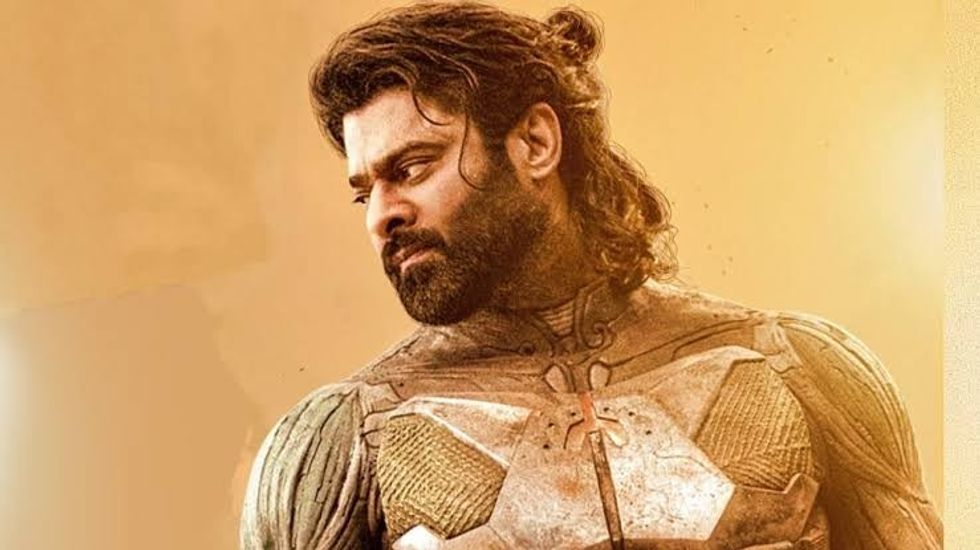 Prabhas in a still from Kalki 2898 AD which completed one yeargetty images
Prabhas in a still from Kalki 2898 AD which completed one yeargetty images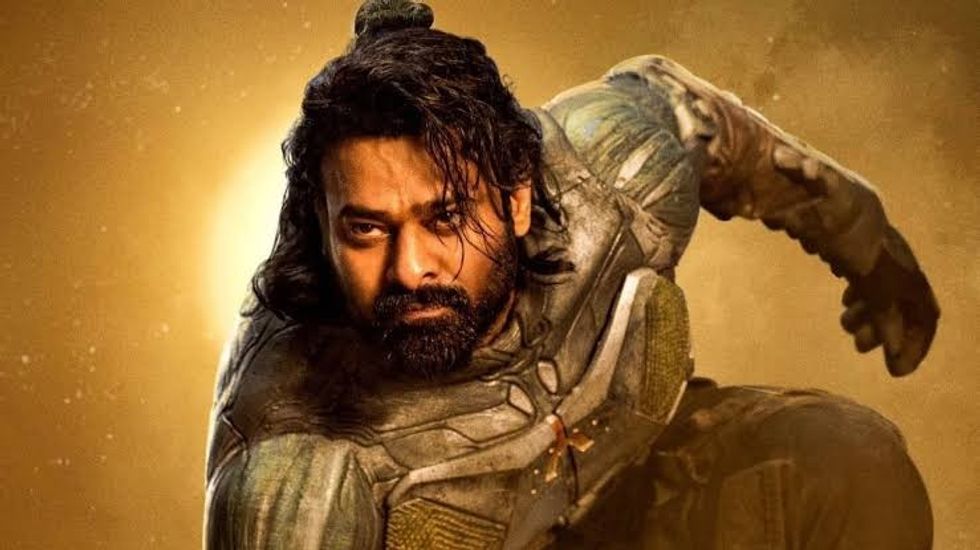 Kalki 2898 AD became one of the top three biggest openers in Indian cinemagetty images
Kalki 2898 AD became one of the top three biggest openers in Indian cinemagetty images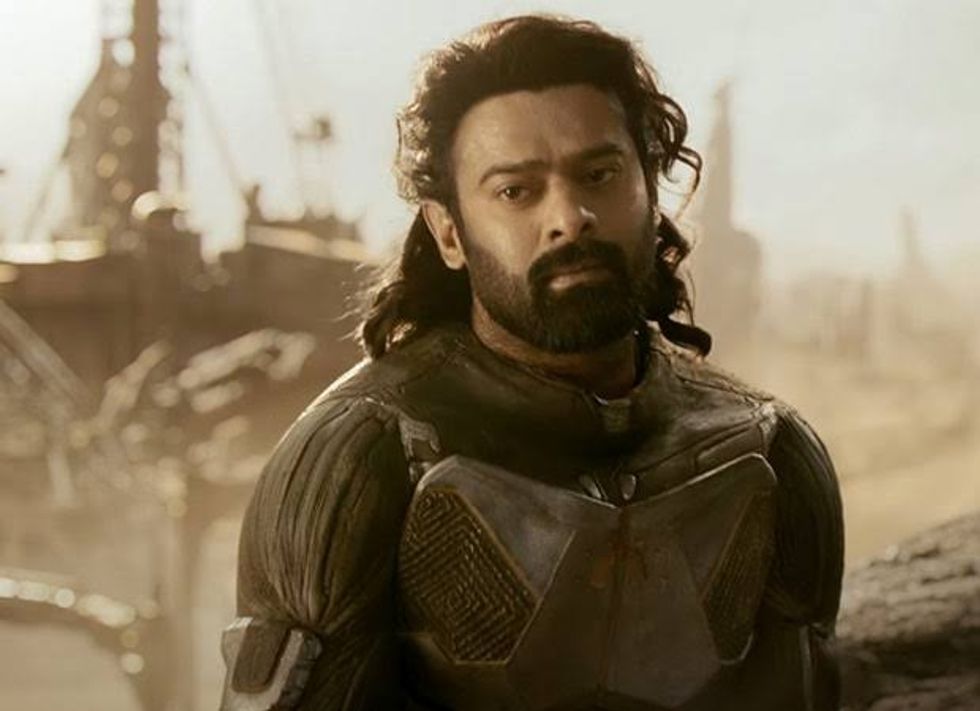 Kalki 2898 AD brought together sci-fi and mythology in a first-of-its-kind Indian filmgetty images
Kalki 2898 AD brought together sci-fi and mythology in a first-of-its-kind Indian filmgetty images Prabhas plays the futuristic warrior Bhairava in Kalki 2898 AD getty images
Prabhas plays the futuristic warrior Bhairava in Kalki 2898 AD getty images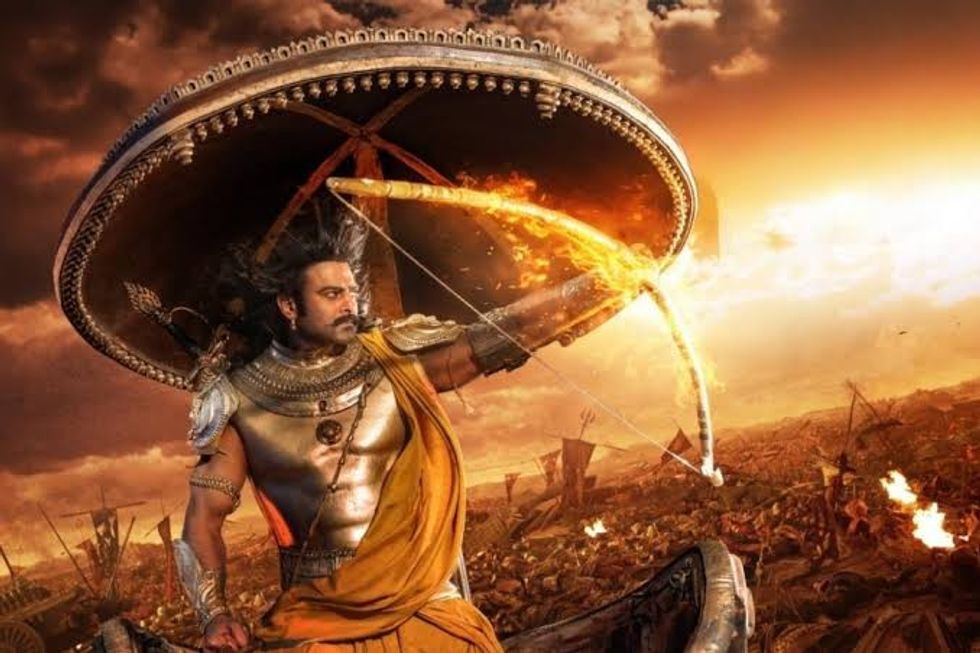 Prabhas in action during a high-intensity sequence from Kalki 2898 ADgetty images
Prabhas in action during a high-intensity sequence from Kalki 2898 ADgetty images
 Kulsuma Aktergetty images
Kulsuma Aktergetty images
 Shreena Patel
Shreena Patel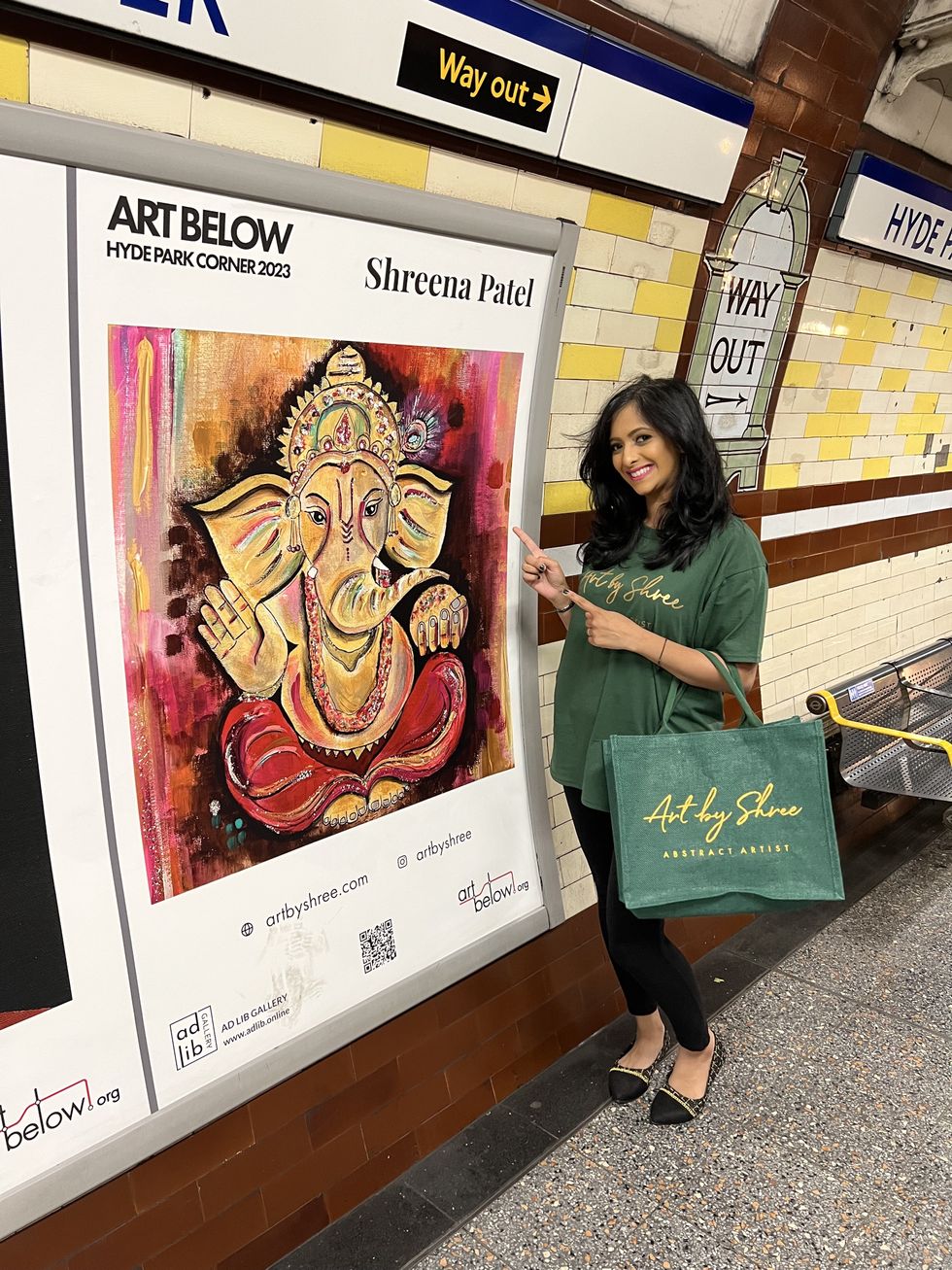
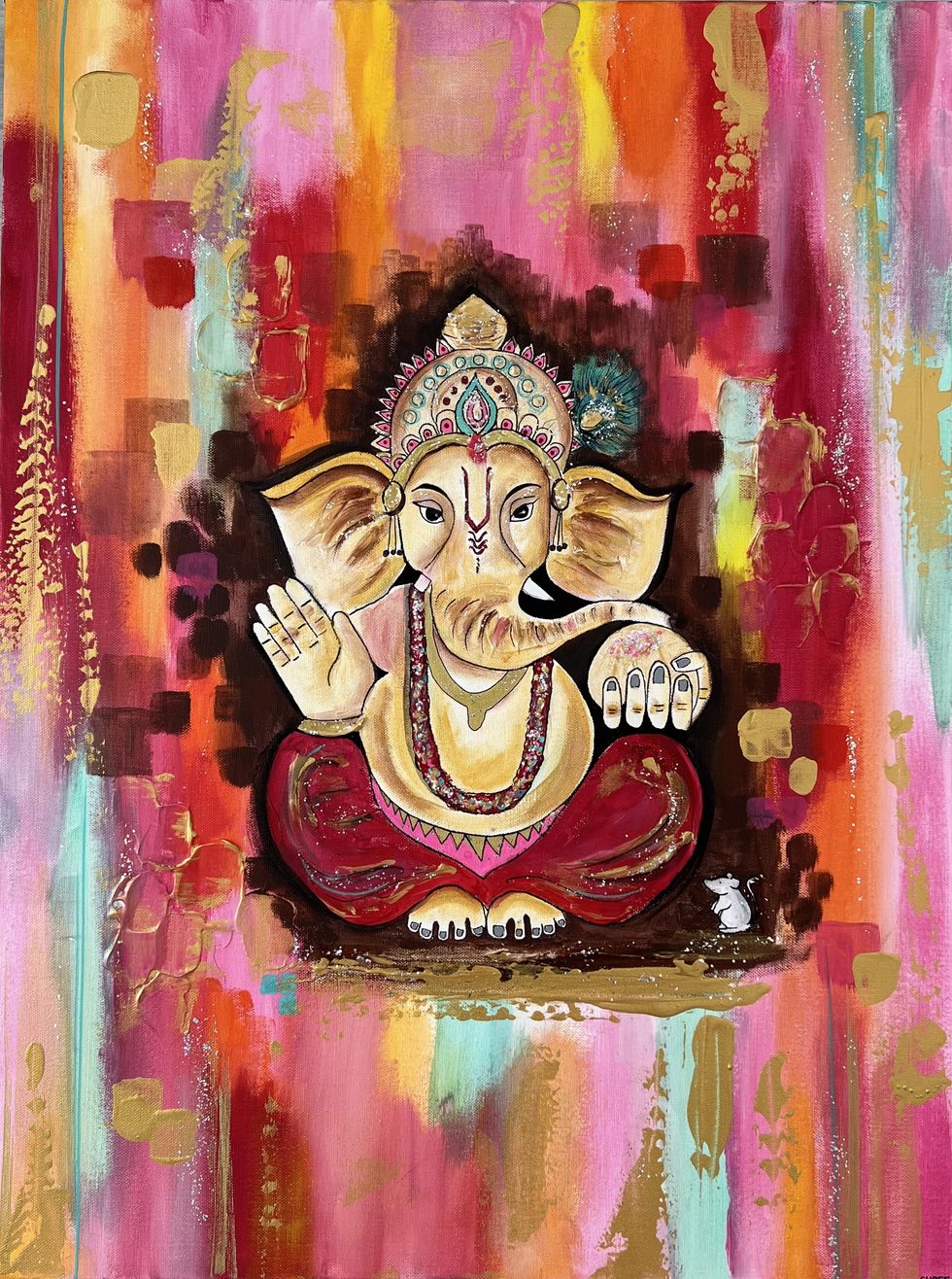 Shreena Patel's work
Shreena Patel's work Shreena Patel's work
Shreena Patel's work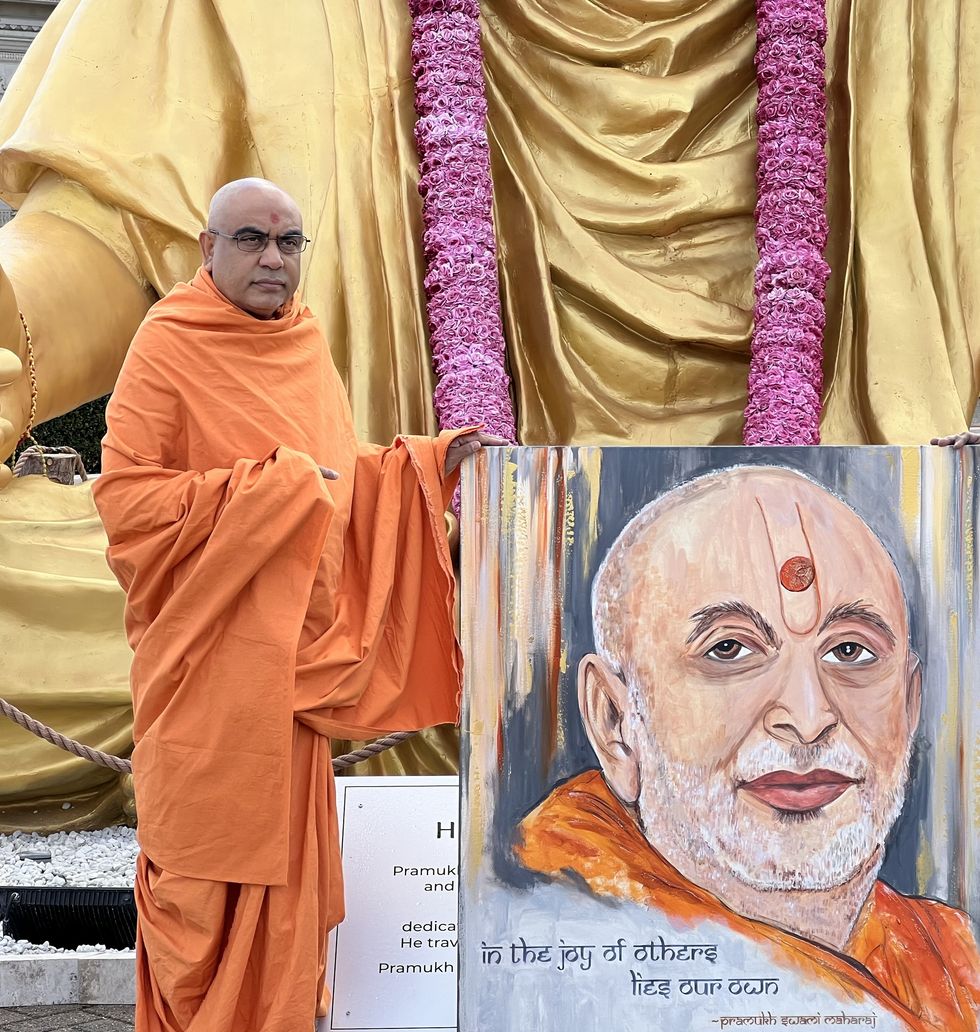
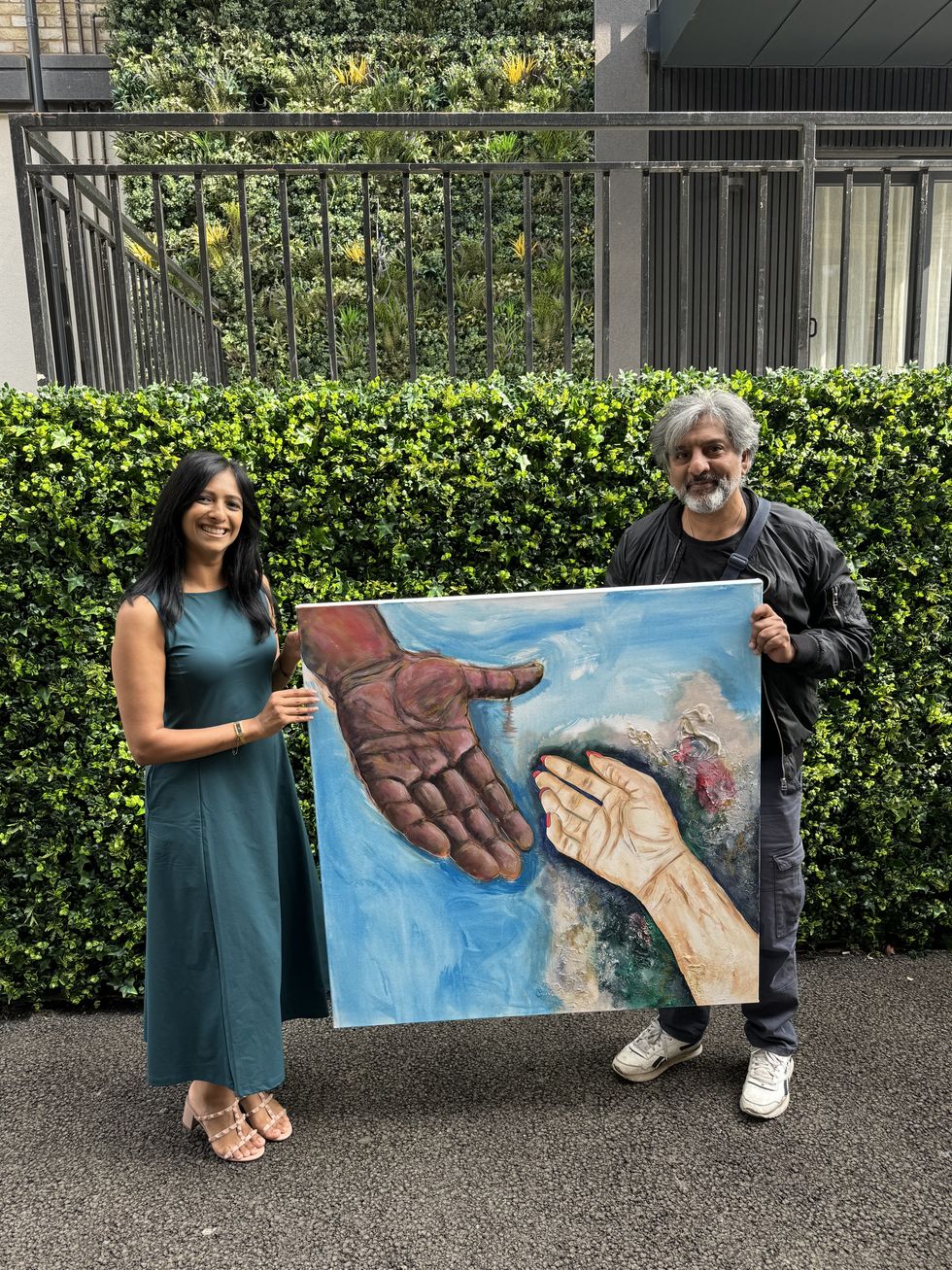
 Shreena Patel's work
Shreena Patel's work Shreena Patel's work
Shreena Patel's work